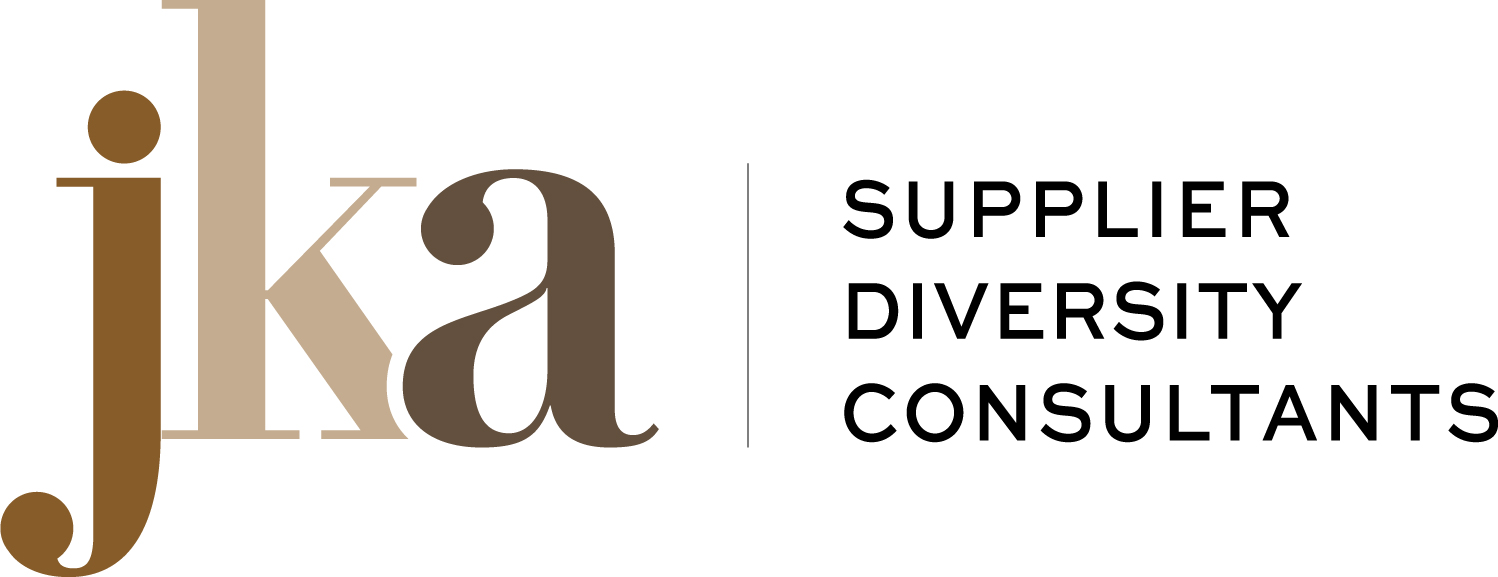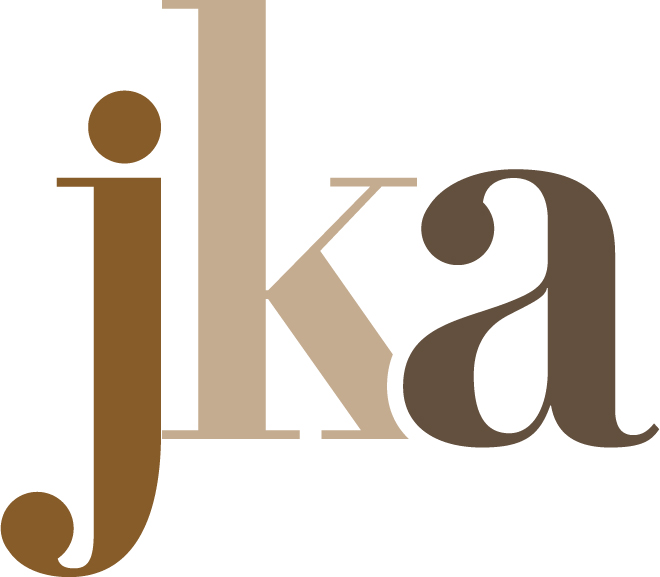Many small, minority and women firms find themselves challenged by requirements in bids and proposals that require a firm to demonstrate palpable past performance in order to win government contracts. I am often asked by my clients, “How will I ever win government contracts if no one will give me a chance?” Here are some tips and best practices to help you close the gap:
1. Get Certified: while being certified does not guarantee that you’ll get business, it will definitely help with marketing to government agencies. All government agencies have requirements and goals for doing business with small, minority and women owned firms and therefore certified firms are attractive to buyers. Prime contractors and many corporations are also motivated to meet small business goals through sub-contracting with certified firms.
2. Creditability: position yourself and your firm as subject matter experts through blogging, speaking and providing high value meaningful content in your area of expertise. Concurrently make certain that your website, marketing materials and on-line presence is top notch. Do what you say you are going to do, be on time and follow-up.
3. Micro Purchasing & Small Purchases: many government agencies have a simplified acquisition process for micro purchases and small purchases. Micro purchases typically range from $5,000-$20,000, and small purchases are for projects up to $150,000. Government buyers may use a credit card or other methods of electronic payments to make purchases from qualified vendors. There is typically not a complicated RFP process; buyers reach out to approximately three firms to request quotes. Most agencies publish their requirements for micro/small purchases on their websites.
4. Discretionary Spending Authority: some government agencies have discretionary spending authority to purchase goods and services directly from small, minority and women owned businesses. I recently bid on a project with New York State where I was advised during a debrief that if my bid had met discretionary spending thresholds, they would have awarded the contract to my firm because in addition to my offer being rated exceptional the agency was deficient in meeting its spending goals for women and minority owned firms.5
5. Small Business Advocates and Facilitators: within most government agencies there is someone who is responsible for advocating for small, minority and women owned businesses. These individuals are often called upon by buyers when they are looking for qualified firms. Make certain that you are investing time in developing relationship with MWBE facilitators, small business centers and procurement technical assistance centers. I can personally attest to how these individuals and organizations have helped me and my clients win government contracts.



